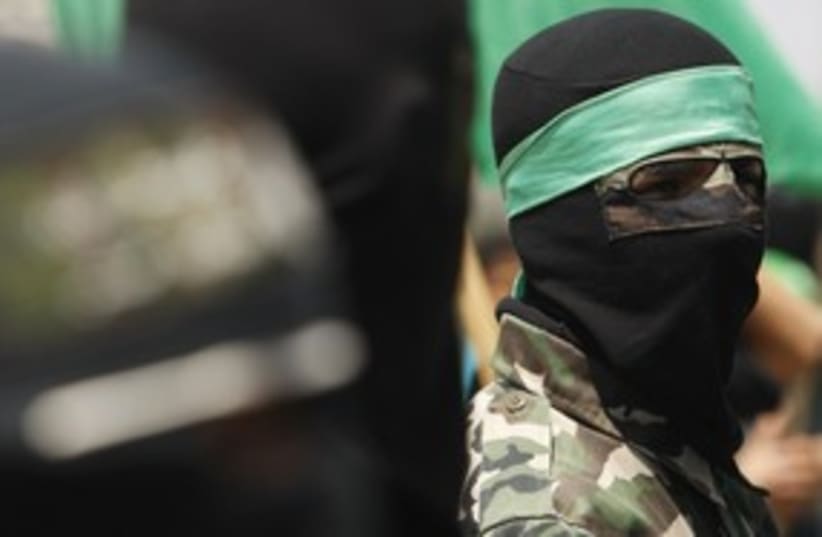The writer is the founder and co-director of IPCRI, the Israel Palestine Center for Research and Information, and hosts a weekly radio show in Hebrew on All for Peace radio.
Encountering peace: Let’s talk to Hamas now
When it comes to dealing with the Gaza Strip, this is our only option.

The writer is the founder and co-director of IPCRI, the Israel Palestine Center for Research and Information, and hosts a weekly radio show in Hebrew on All for Peace radio.